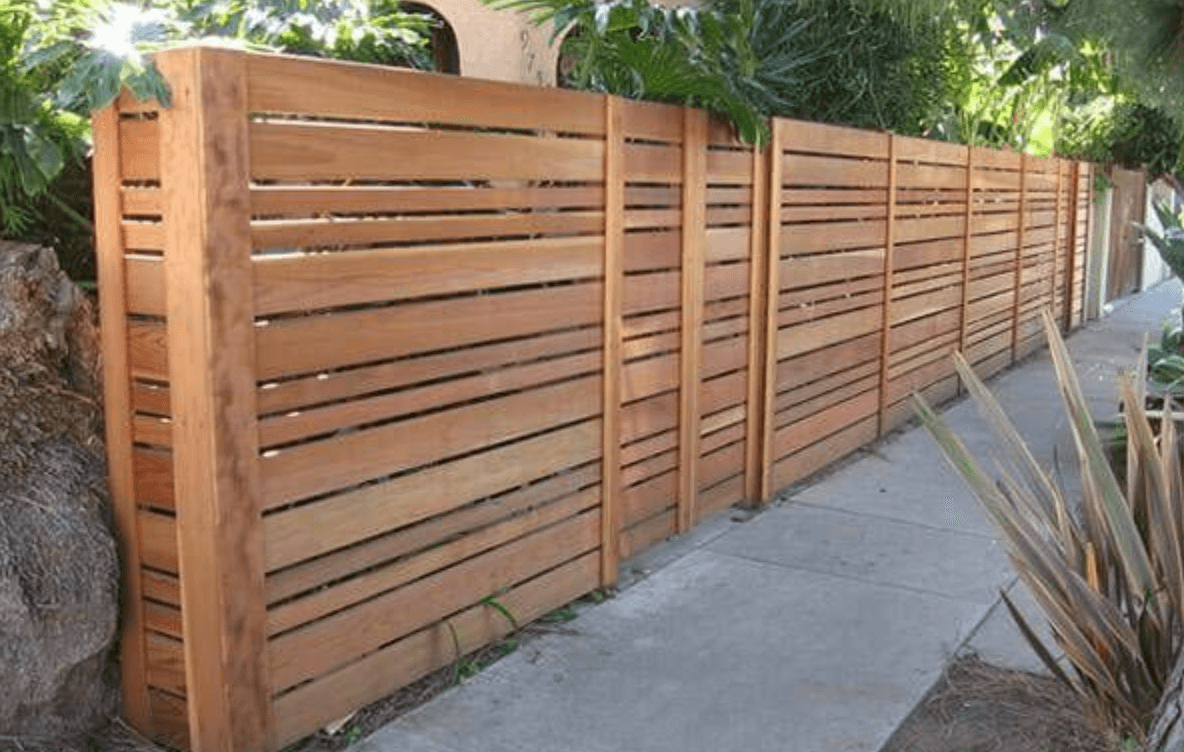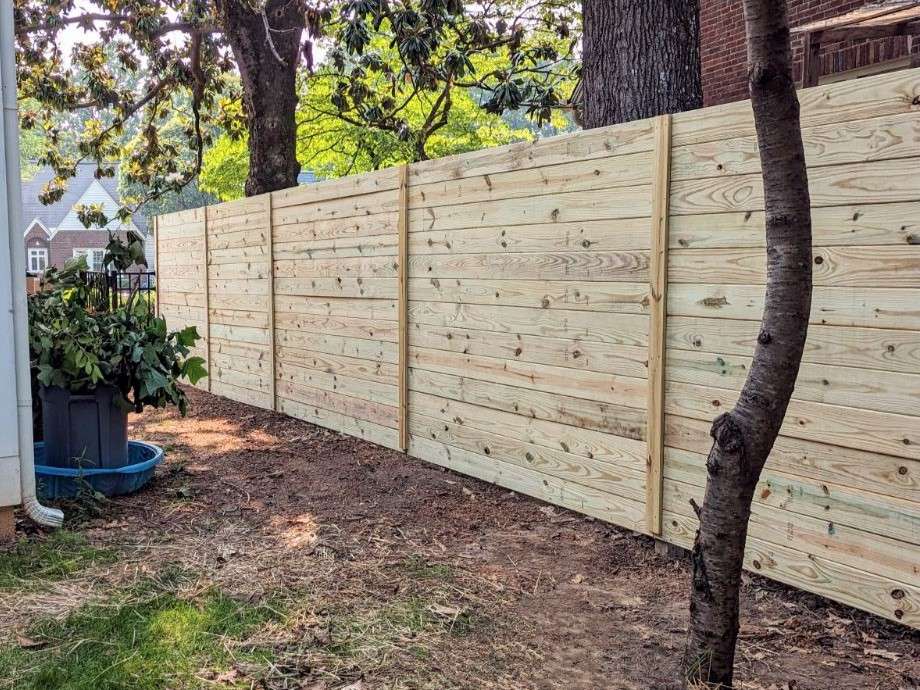All Categories
Featured
Choosing the right fence for a property situated in an area prone to extreme climate condition is essential for keeping safety, capability, and durability. Whether your region experiences high winds, heavy snowfall, extreme heat, or torrential rains, certain secure fencing materials and designs are much better equipped to withstand the components. Right here's a guide to the very best fence alternatives for homes in tough environments.
Secure Fencing Options for Windy Areas.
Secure Fencing Options for Wet or Humid Climates.
![]()
Fence Options for Cold and Snowy Climates.
Secure Fencing Options for Hot and Arid Climates.
![]()
Design and Installation Tips for Extreme Weather. Protect Foundations: Effectively securing fencing messages in concrete can boost stability during tornados or heavy snowfall. Decide for Open Layouts: In windy locations, pick fencings with spaces or slats to permit air to go through, minimizing stress on the framework. Usage Weather-Resistant Coatings: Protective layers can secure fencings from corrosion, fading, or moisture damage, lengthening their life-span. Get In Touch With Professionals: Deal with seasoned secure fencing service providers who recognize regional weather condition obstacles and can recommend the ideal layouts and products. Verdict. Severe weather conditions demand fence solutions that prioritize toughness and strength. Whether you're battling high winds, hefty snowfall, extreme warm, or extreme dampness, materials like plastic, composite, aluminum, and treated wood give reputable security. By selecting the best fencing and guaranteeing correct installation, you can protect your home while improving its aesthetic charm.
Secure Fencing Options for Windy Areas.
- Plastic Fences. Vinyl fencing is extremely durable and adaptable, making it a superb choice for locations prone to solid winds. Its capability to bend slightly without damaging aids it sustain high-pressure gusts. Select styles with broader gaps, such as picket or shadowbox styles, to decrease wind resistance.
- Metal Fences (Light Weight Aluminum or Steel) Metal fencings are strong and can manage heavy winds, specifically when spaced adequately. Light weight aluminum is lightweight and rust-resistant, while steel offers extra toughness for extreme problems.
- Chain-Link Fences. Chain-link secure fencing allows wind to travel through, lessening resistance and pressure. This cost-efficient choice is perfect for gusty areas and needs minimal maintenance.
Secure Fencing Options for Wet or Humid Climates.
- Plastic Fences. Vinyl is unsusceptible moisture, making it an optimal option for locations with heavy rainfall or high humidity. It won't warp, rot, or draw in mold, ensuring longevity with minimal upkeep.
- Composite Fences. Compound materials integrate timber fibers and plastic, providing superb resistance to wetness and rot. They mimic the appearance of timber while providing premium sturdiness in wet conditions.

- Pressure-Treated Timber. For those who choose an all-natural look, pressure-treated timber is designed to withstand water damages, degeneration, and insect invasions. It requires routine securing to preserve its honesty.
Fence Options for Cold and Snowy Climates.
- Wrought Iron Fencings. Wrought iron fencings are sturdy and can withstand hefty snow lots without flexing or damaging. Nevertheless, they need a protective layer to stop rust in regions with snow and ice.
- Vinyl Fencings. Plastic remains flexible and immune to cracking in freezing temperature levels. Its non-porous surface area also stops ice build-up, making it an exceptional choice for chilly environments.
- Concrete or Rock Fences. These products are very long lasting and can hold up against the weight of snow and ice. They call for specialist setup yet offer unequaled durability in severe cold.
Secure Fencing Options for Hot and Arid Climates.
- Vinyl Fences. Plastic is UV-resistant and doesn't discolor, warp, or split under extreme warmth, making it one of the best choices for desert-like problems.
- Light weight aluminum Fences. Aluminum secure fencing stands up to severe warm without compromising its framework or look. Its powder-coated surface gives extra protection against sunlight damages.
- Bamboo Fences. Bamboo is normally immune to warmth and includes an one-of-a-kind, environmentally friendly visual. It's lightweight and sustainable, however it may require routine treatment to stop drying or cracking.

Design and Installation Tips for Extreme Weather. Protect Foundations: Effectively securing fencing messages in concrete can boost stability during tornados or heavy snowfall. Decide for Open Layouts: In windy locations, pick fencings with spaces or slats to permit air to go through, minimizing stress on the framework. Usage Weather-Resistant Coatings: Protective layers can secure fencings from corrosion, fading, or moisture damage, lengthening their life-span. Get In Touch With Professionals: Deal with seasoned secure fencing service providers who recognize regional weather condition obstacles and can recommend the ideal layouts and products. Verdict. Severe weather conditions demand fence solutions that prioritize toughness and strength. Whether you're battling high winds, hefty snowfall, extreme warm, or extreme dampness, materials like plastic, composite, aluminum, and treated wood give reputable security. By selecting the best fencing and guaranteeing correct installation, you can protect your home while improving its aesthetic charm.
Latest Posts
Keep Your Fencing Strong with Seasonal Care
Published May 14, 25
1 min read
Crafting a Winning Advertising Method with Full Circle Strategic Marketing
Published May 14, 25
1 min read
Discover Top Vision Care in Panama City, FL at Eye Center South
Published May 14, 25
1 min read